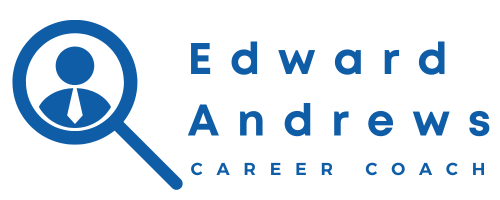In the ever-evolving professional landscape, having a clear and actionable career plan is more important than ever. A well-thought-out plan not only provides direction and focus but also empowers individuals to take control of their career development, helping them navigate through challenges and seize opportunities with confidence. Edward Andrews Career Coaching, a leader in Australian career development, emphasizes the significance of writing a career plan and offers expert guidance on how to create one that aligns with your aspirations, skills, and potential growth paths.
The Foundation of a Strong Career Plan
1. Self-Assessment
The first step in creating a career plan is to conduct a thorough self-assessment. This involves reflecting on your interests, values, skills, and strengths. Understanding what motivates you, what you’re passionate about, and where your competencies lie is crucial for setting meaningful and achievable career goals.
2. Define Your Career Goals
Once you have a clear understanding of your personal and professional profile, the next step is to define your career goals. These should be specific, measurable, achievable, relevant, and time-bound (SMART). It’s important to distinguish between short-term goals (achievable within a year) and long-term goals (achievable in five years or more), as this will help structure your plan more effectively.
3. Research and Exploration
With your goals in mind, research the paths that can lead you there. This might involve exploring different industries, roles, and organizations to understand where your interests and skills could be best applied. Consider informational interviews with professionals in your field of interest, attending industry events, and utilizing online resources to gain insights into potential career trajectories.
4. Skill Gap Analysis
Identify the skills and qualifications required for the roles you aspire to. Conducting a gap analysis between your current skill set and the desired skills will highlight areas for development. This could include technical skills, soft skills, certifications, or degrees.
5. Action Plan
With a clear understanding of where you need to develop, create an action plan outlining the steps you’ll take to reach your goals. This might include specific courses or certifications, networking strategies, or gaining experience through volunteering or internships. Setting deadlines for each action item will help keep you accountable and on track.
6. Flexibility and Review
The professional world is dynamic, and your career plan should be too. Regularly reviewing and updating your plan is essential to adapt to changes in your personal aspirations, the job market, or industry trends. Flexibility allows you to pivot when necessary, taking advantage of new opportunities that align with your overall career objectives.
The Role of Career Coaching
Writing a career plan can be a daunting task, but you don’t have to do it alone. Edward Andrews Career Coaching provides personalized guidance and support throughout the process. A career coach can help you with self-assessment, goal setting, and developing a realistic and comprehensive action plan. They can also offer accountability, encouragement, and insights based on extensive experience, helping you navigate your career path with confidence.
Conclusion
A well-crafted career plan is a valuable tool in your professional toolkit. It provides clarity, direction, and a sense of purpose, enabling you to navigate your career journey proactively. By understanding your strengths and aspirations, setting clear goals, and outlining actionable steps, you can position yourself for success in the dynamic and competitive job market. Remember, the most effective career plan is one that evolves with you, reflecting your growth, learning, and changing aspirations over time. With the right approach and support from Edward Andrews Career Coaching, you can craft a career plan that not only maps out your future but also empowers you to achieve your full potential.

